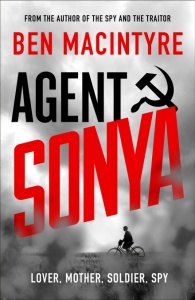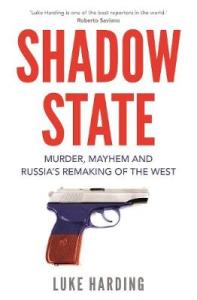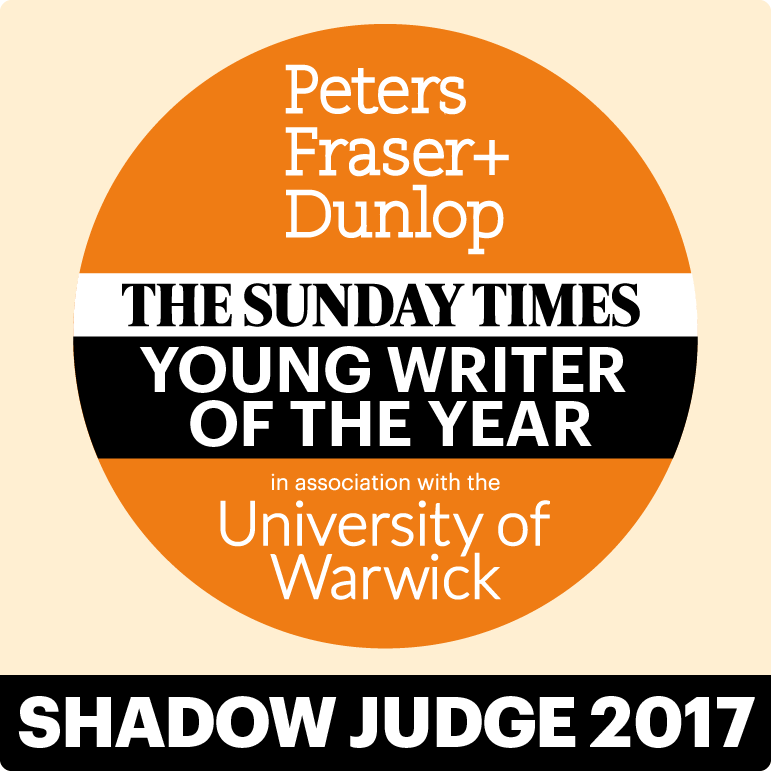 Agent Sonya by Ben Macintyre is an account of the life of Ursula Kuczynski, born to a German Jewish family in 1907 who later became a Communist spy codenamed Sonya. She moved to Shanghai with her architect husband Rudi in 1930 and was recruited by Richard Sorge at the end of that year when she was six months pregnant with her first child. Over the next two decades, she rose to the rank of colonel in the Red Army, lived in Poland, Switzerland and the Cotswolds in England, contributed towards a plot to assassinate Adolf Hitler and was later the handler of the Manhattan Project nuclear scientist Klaus Fuchs, passing atomic secrets to the Soviet Union and influencing the path of the Cold War. Her spy career was so successful that her request to take early retirement was granted – an exceptionally rare honour.
Agent Sonya by Ben Macintyre is an account of the life of Ursula Kuczynski, born to a German Jewish family in 1907 who later became a Communist spy codenamed Sonya. She moved to Shanghai with her architect husband Rudi in 1930 and was recruited by Richard Sorge at the end of that year when she was six months pregnant with her first child. Over the next two decades, she rose to the rank of colonel in the Red Army, lived in Poland, Switzerland and the Cotswolds in England, contributed towards a plot to assassinate Adolf Hitler and was later the handler of the Manhattan Project nuclear scientist Klaus Fuchs, passing atomic secrets to the Soviet Union and influencing the path of the Cold War. Her spy career was so successful that her request to take early retirement was granted – an exceptionally rare honour.
I enjoyed reading a couple of Macintyre’s recent books including The Spy and the Traitor about Russian agent Oleg Gordievsky’s defection to the UK and A Spy Among Friends about the life of Kim Philby and ‘Agent Sonya’ is similarly gripping and fast-paced. I think ‘The Spy and the Traitor’ slightly edges it for the audacity of Gordievsky’s escape, although Kuczynski also had an astonishing run of good luck – she was spared during Stalin’s purges, her nanny’s attempts to alert the British authorities were deemed too far-fetched, and MI5 missed several opportunities to arrest her because it seemed unfathomable that a housewife and mother of three could lead a double life building and operating radio transmitters. The reasons for her continued devotion to the cause despite her awareness that so many of her friends were purged are perhaps underexplored, but ‘Agent Sonya’ is nevertheless a fascinating book.
 Shadow State: Murder, Mayhem and Russia’s Remaking of the West by Luke Harding investigates the ways in which Russia uses fake news, espionage and cyber attacks to pursue its interests in the world, weakening Western influence and undermining democratic systems in the process. I thought Harding’s book A Very Expensive Poison which details the murder of Alexander Litvinenko in London in 2006 was excellent, as was his 2017 book ‘Collusion’ (which I read a couple of years ago but didn’t have time to review on my blog) about Russia’s role in the 2016 US presidential election. Published last summer, ‘Shadow State’ is essentially an updated version of ‘Collusion’, with the United States inevitably featuring heavily in this book too, but with more focus on the Russian players in the story this time round.
Shadow State: Murder, Mayhem and Russia’s Remaking of the West by Luke Harding investigates the ways in which Russia uses fake news, espionage and cyber attacks to pursue its interests in the world, weakening Western influence and undermining democratic systems in the process. I thought Harding’s book A Very Expensive Poison which details the murder of Alexander Litvinenko in London in 2006 was excellent, as was his 2017 book ‘Collusion’ (which I read a couple of years ago but didn’t have time to review on my blog) about Russia’s role in the 2016 US presidential election. Published last summer, ‘Shadow State’ is essentially an updated version of ‘Collusion’, with the United States inevitably featuring heavily in this book too, but with more focus on the Russian players in the story this time round.
As well as an analysis of the Mueller report, the attempted assassination of Sergei and Yulia Skripal in Salisbury in 2018 is another key focus of the book. Although sometimes referred to as a bungled plot which failed to kill its targets, the state-approved use of the nerve agent Novichok was designed to be visible, sending a strong message to the world. As Harding says, it is the brazenness of that attack which is so striking.
Most people’s knowledge of current events tends to be absorbed in disparate parts over a long period of time, usually through the media in the moment when events are happening. ‘Shadow State’ succeeds in bringing together the background behind all of the headlines from recent years, clearly presenting the bigger picture and joining the dots between all of the different actors involved in this complex web of international relations.
Although it hasn’t been confirmed yet, I am hoping that Harding will continue to write more books about Russia given that there is no shortage of further material for him to explore. The poisoning of Alexei Navalny and the fallout of Donald Trump losing the presidential election in 2020 will surely come next…





Agent Sonya was on the radio and having enjoyed Double Cross and The Spy and the Traitor, I naturally made a point of listening to this as well.
It was good but not quite up to the other two books, which were particularly excellent at the many quirky anecdotes interspersed with the exciting action. Maybe Macintyre’s sources this time round didn’t have such a good sense of humour.
LikeLike
Yes, The Spy and the Traitor is still my favourite – Gordievsky’s escape was truly audacious! I agree that the quality of that kind of narrative depends a lot on the source material available.
LikeLike